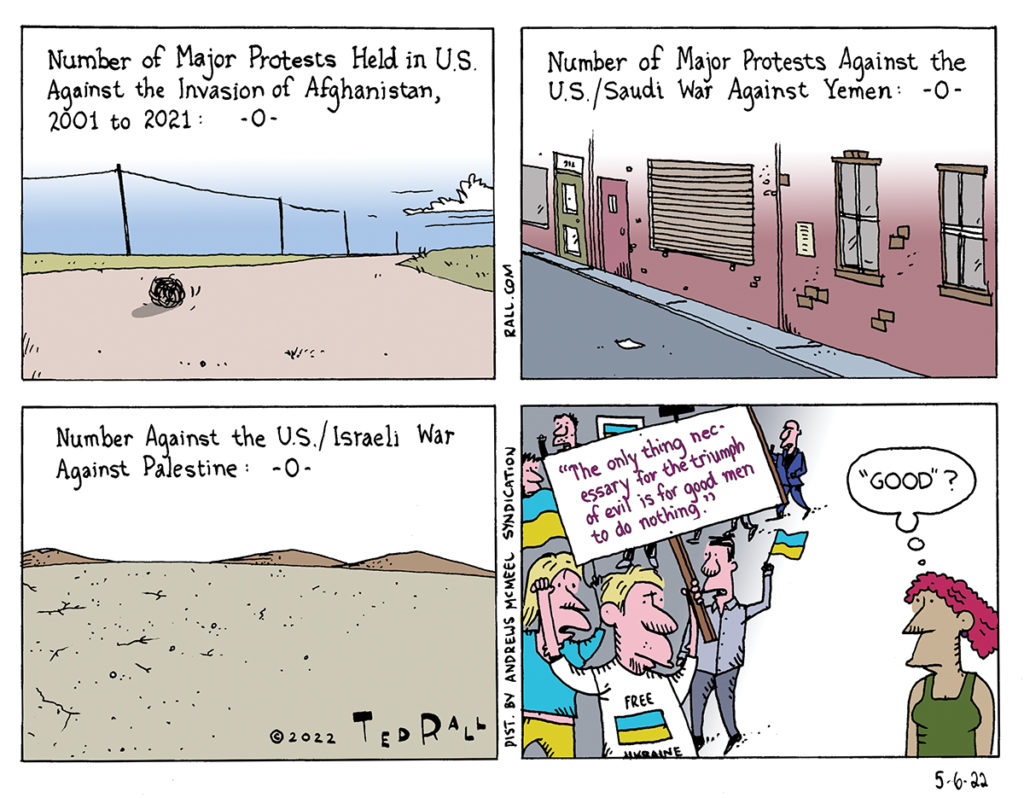Daniel McAdams – Executive Director, Ron Paul Institute
The Final Countdown – 10/20/23 – Biden Reveals Plan to Keep Funding Ukraine and Israel in Foreign Policy Speech
•
On this episode of The Final Countdown, hosts Angie Wong and Ted Rall discuss hot topics, including Biden’s plan to send aid to Israel and Ukraine.
Jamarl Thomas – Co-host of Fault Lines
Ryan Cristian – Founder & Editor, The Last American Vagabond
Esteban Carrillo – Editor at The Cradle, Ecuadorean Journalist
The show kicks off with Daniel McAdams, Executive Director of the Ron Paul Institute, discussing Joe Biden’s address to the nation and his call for more aid to Israel and Ukraine.
Then, Co-host of Fault Lines Jamarl Thomas shares his perspective on Trump’s lawyer Sidney Powell pleading guilty in Georgia.
The second hour begins with Ryan Cristian, Founder & Editor of The Last American Vagabond, discussing RFK Jr.’s impact on other candidates in battleground states.
The show closes with The Cradle Editor Esteban Carrillo weighing in on the elections in Argentina.

